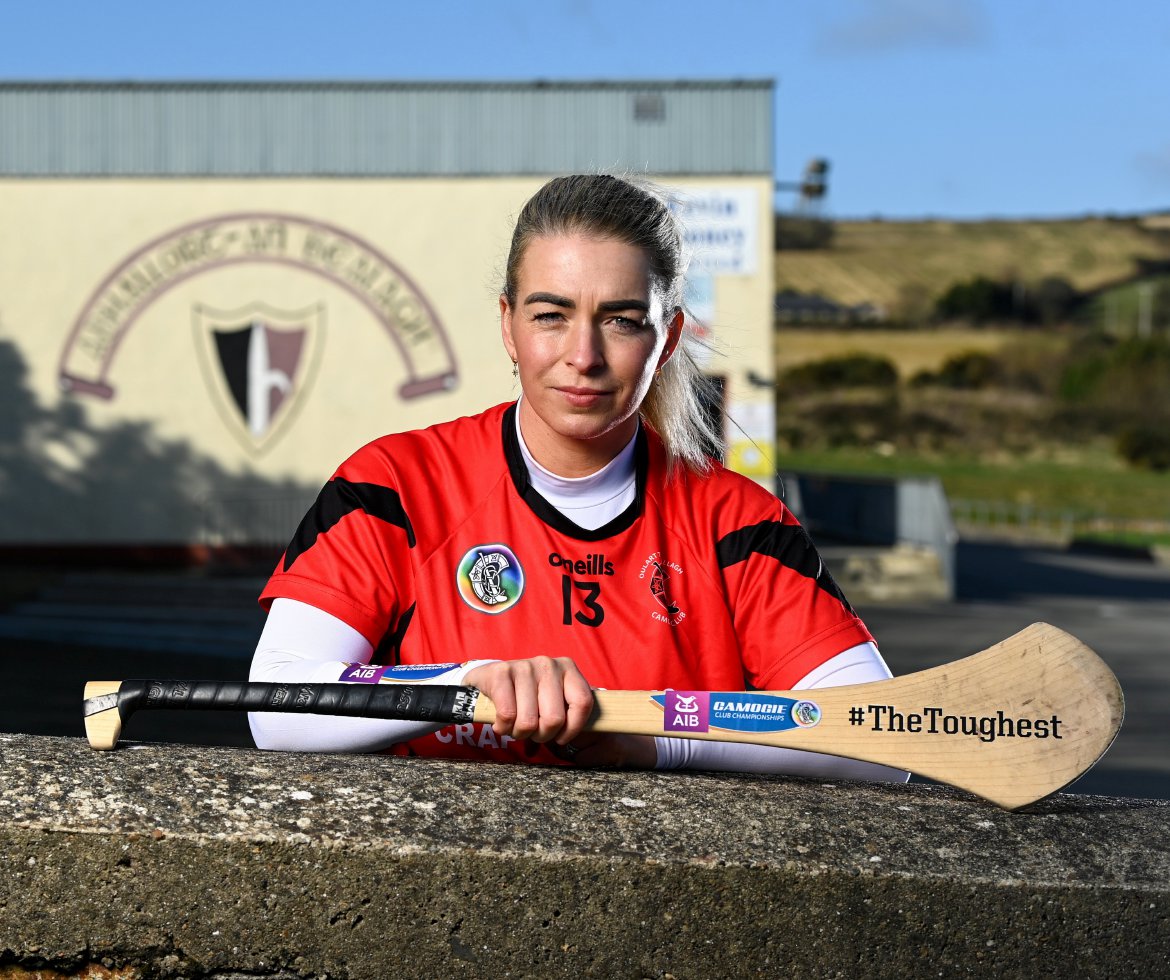I USED to frequent a certain no frills barbers in the heart of the city during my time as a trainee solicitor in Belfast. There is nothing regal about that particular part of the city, but a fiver a time for a cut was appealing to a tight-fisted Armagh man in the big smoke.
All the barbers were male except one blonde woman. One day when getting my hair trimmed, one of the male barbers told an outrageously misogynistic joke that would get any HR department concerned.
His blonde colleague reprimanded him and confirmed that his ‘joke’ was deeply sexist. The older man, without missing a beat declared, to a chorus of laughs from the gallery that“the joke wasn’t sexist, it was just sexy.”
Earlier this year, a study led by Durham University, based on a survey of almost 2,000 male football supporters, found that more than two-thirds of male football fans harbour hostile, sexist or misogynistic attitudes towards women’s sport.
The study itself and the hostilities of some of the responses were seen as indications of a backlash in advances of gender equality.
Dr Stacey Pope, associate professor, who led the study, stated that, “the findings are reflective of a patriarchal society in which misogyny is rife. There were numerous examples of men from across all generations exhibiting highly sexist and misogynistic attitudes.”
Of one of the overt groups questioned, astonishingly 68 per cent suggested that women should not participate in sport at all, or, if they did, they would be better suited to more ‘feminine’ pursuits such as athletics, rather than football. Media reporting of women’s sports was regarded as intrinsically inferior and was dismissed as “positive discrimination” or “PC nonsense”. Another frontier in the culture wars.
It may be easy to dismiss this study as English lager louts stuck in a time warp but going back a number of years Orla Muldoon, Professor of Psychology at the University of Limerick in the Irish Times called out the GAA as “marginalising women, privileging men, and supporting and justifying sexism.”
She went on to say that, “The Catholic Church, Fianna Fail and the GAA were once described as the three pillars of the Irish state. Organisations that wove together the fabric of Irish society together.
“The power of the former two have been eroded.
And their failure to engage and empower women is at the heart of their demise. For the GAA to survive it will have to live up to its own mission to support Gaelic games culture and lifelong participation for all, not just for men and boys.”
Ms Muldoon’s scathing comments from 2020 could be dismissed by the powers that be on the basis that much has changed since then, the ‘can’t see can’t be’ and ‘20×20’ promotions, the record attendance at women’s GAA games throughout the years being continually pointed to.
That being said, Kerry women’s footballer Anna Galvin came out and told of the unsustainable expense she goes to on a monthly basis in order to commute between Dublin and Killarney to play for her beloved Kerry. €1,792 a month is an astronomical price to pay to play and amateur sport.
The unequal treatment, be it disparity of funding or the shortfall of support from governing bodies within the GAA, doesn’t just stop with the players.
The decorated camogie player and RTE analyst Ursula Jacob took to Twitter to call out the online trolls, with the website Benchwarmers coming out and saying: “We apologise to Ursula or any of the pundits on RTE that we might have offended by reposting comments and opinions online that might have been negative to any of the RTE panel.”
Ursula came out in an explosive online post to say that “usually I never entertain & give keyboard warriors on ounce of time or thought but sometimes enough is enough & standing up for yourself I more important than constantly just putting up with nasty, tasteless comments from faceless cowards” leaving the message for those critics to “THINK BEFORE YOU TYPE”.
The GAA has undoubtedly come a long way, and though it may be one of the pillars of Irish society, in order to maintain that position and in order to continue to prosper the drive for equality should be intensified and those dinosaurs of a bygone era should be discarded for the good of all in the Association.
The GAA must further embrace and promote the concepts of equality and give female sport a more prevalent position within the Association.
Properly funding and resourcing the players is the only right and proper way forward, because the alterative for the Association will be the same as that barbers in Belfast – and there’s nothing sexy about that.
Receive quality journalism wherever you are, on any device. Keep up to date from the comfort of your own home with a digital subscription.
Any time | Any place | Anywhere












